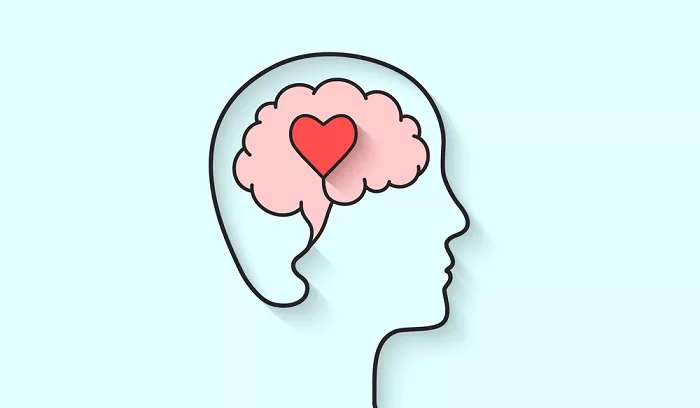First responders from over 50 Georgia agencies gathered in Marietta for a special mental health conference designed to support emergency workers and their families. The goal: provide tools, training, and hope to those who face trauma daily on the front lines—911 dispatchers, police officers, firefighters, and paramedics.
The event was part of a national series created by 1st Responder Conferences, a group focused on protecting the mental well-being of those who protect others.
Emergency workers often deal with high-stress situations that leave long-lasting emotional scars. Major Trey Burgamy of the Washington County Sheriff’s Office said many responders are so focused on helping others that they forget to care for themselves.
“We strive so hard to save our communities,” he said. “And we forget sometimes to save ourselves. That’s why our suicide rate is so high and that’s why we die at such a young age.”
Support for Families, Too
This conference also welcomed family members of first responders, who often witness the effects of stress at home but feel unsure how to help.
“A lot of times family members don’t know what to do,” said Megan Pietro Williams of the Cobb County Sheriff’s Office. “They deserve to learn this information just as much.”
Shawn Thomas and her husband, both first responders, created the conference series after experiencing their own struggles with mental health. They decided to turn their pain into purpose.
“They were suffering in silence, and we needed to do something about it,” Thomas said. “We’re trying to be proactive and provide tools and resources to get them through these difficult professions.”
Many participants came from rural counties where mental health resources are limited. They left the conference determined to share what they learned with coworkers back home.
Sabrina Caraway, a 911 operator from Forsyth County, reminded attendees that even those not physically present at emergencies still carry emotional burdens. “We may not be boots on the ground,” she said, “but we’re dealing with the stresses of the incidents as they’re happening.”
The Marietta event is part of a larger push across the U.S. to improve mental health care for first responders. By breaking the silence and offering support, leaders hope to save lives—not just in emergencies, but behind the scenes as well.
Related topics:
- 4 Simple Ways to Support Boys’ Mental Health
- New York Invests $4.5 Million To Expand Mental Health Support For Youth
- Should You Get Tested For Alzheimer’s Even Without Symptoms?


